As many avid gamers know, professional gaming has quickly become one of the largest industries in the world, featuring players, coaches, and teams from all across the globe. As a whole, esports has brought together the world in many fantastic ways, and the International Olympic Committee might be cooking something up to build on the rapid rise of this industry.
During the opening ceremony of the 141st IOC Session in Mumbai, India, IOC President Thomas Bach announced that the committee was exploring the creation of the Olympic Esports Games.
Bach explained that the global esports scene featured upwards of 500 million fans worldwide, with a majority of fans under the age of 34. As a result, the IOC has turned its attention towards creating a new event that could bring together the nations for a new form of competition.
This isn’t the first time the Olympics has attempted to break into the esports market. In March, the IOC revealed the first details about this year’s Olympic Esports Series, which featured a plethora of different games with competitors from around the world.
One problem that the event faced, however, is that none of the top esports titles were going to be played, including League of Legends, CS:GO, VALORANT, or Overwatch. Instead, the event inexplicably had unusual and obscure picks like Just Dance, a sailing game called Virtual Regatta, a virtual taekwondo game, and mobile games like Tennis Clash and Tic Tac Bow.
To most traditional esports fans, the selection of games was baffling. But for the IOC, these titles were chosen for specific reasons, including the prohibition of violence in the participating games. According to Polygon, the event was also created to “promote the development of ‘virtual and simulated sports games.'”
After discovering the lackluster lineup of games, the general esports community seemed to quickly lose interest in the event, but Bach says that this year’s Olympic Esports Series “generated more than 6 million views of live action over all channels,” with 75 percent of the viewership coming from those aged 13 to 34. He did, however, call for a change in the mindset of the Olympic movement, stating that they must not ignore the thoughts and ideas of the younger generation.
“Today, sport has to compete for the time and attention of young people,” Bach said. “Therefore, we have to reach out to the youth where they are in this digital world. This is not just a technological imperative. This is also a demographic imperative.”


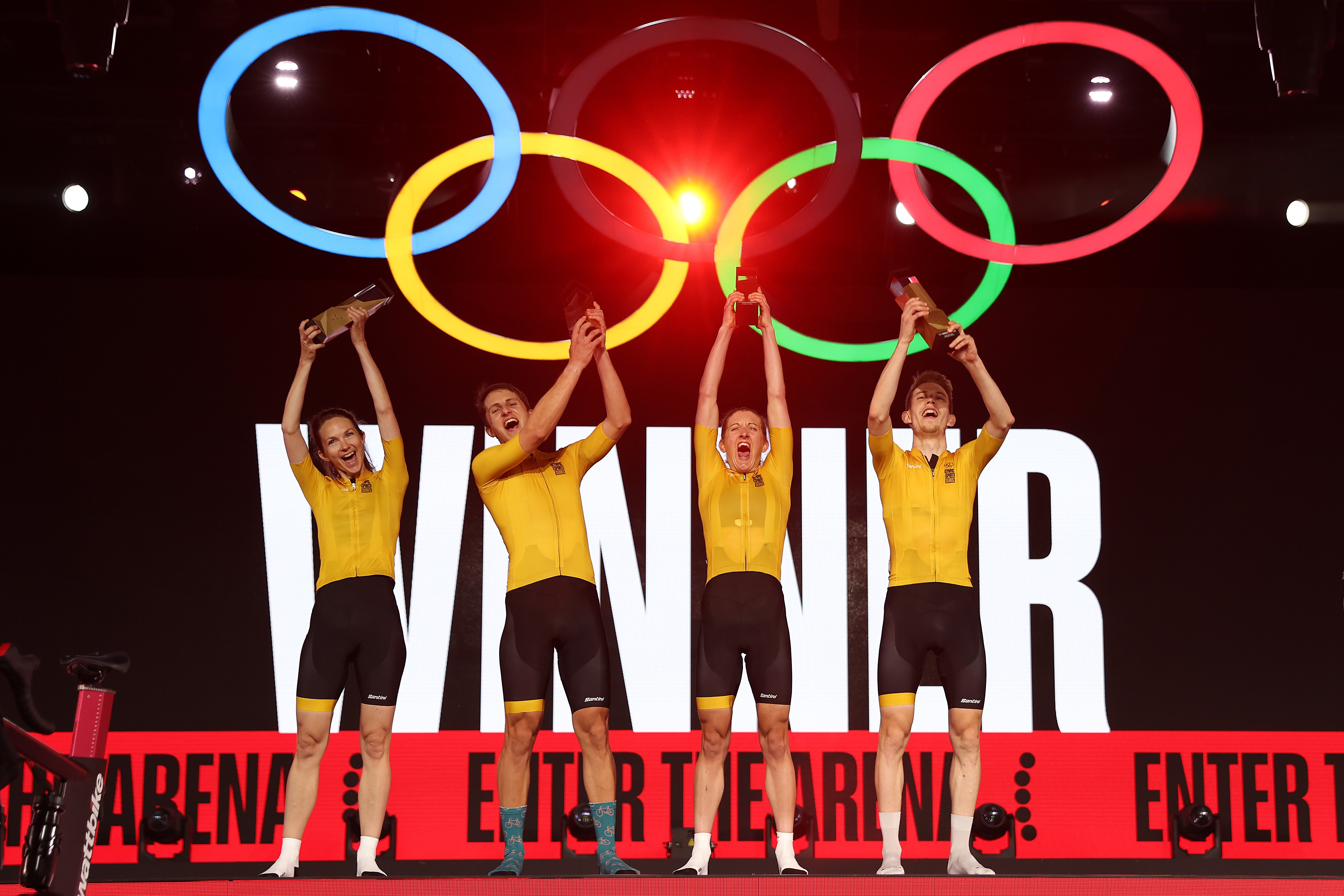
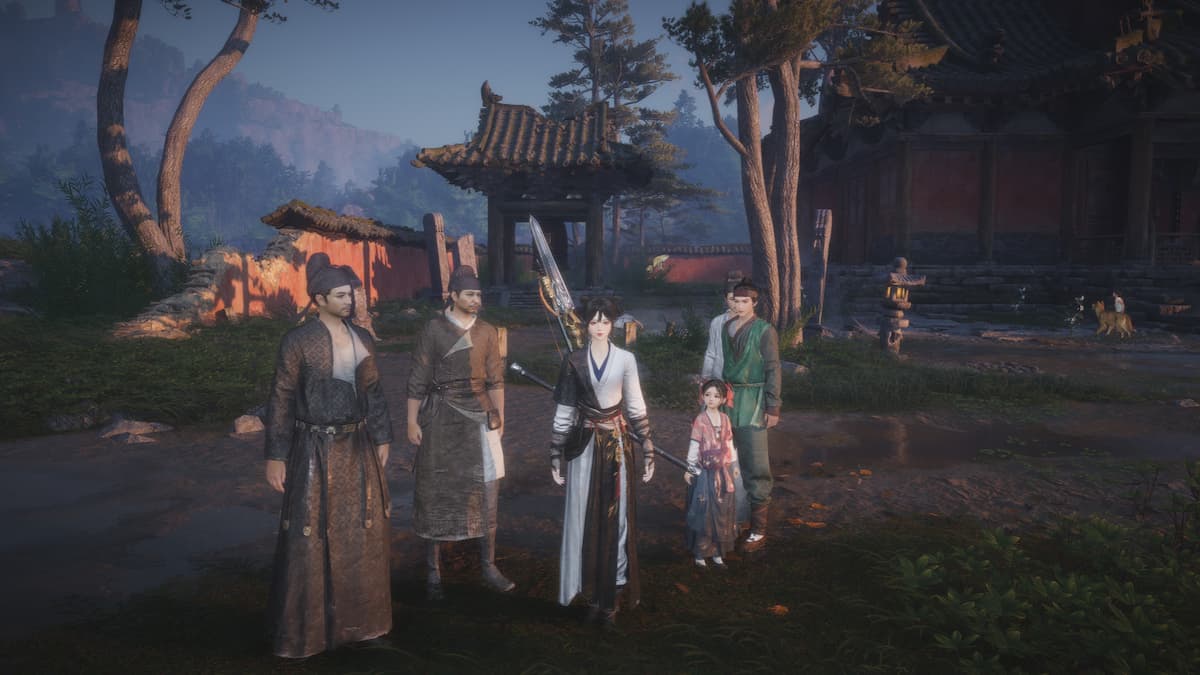

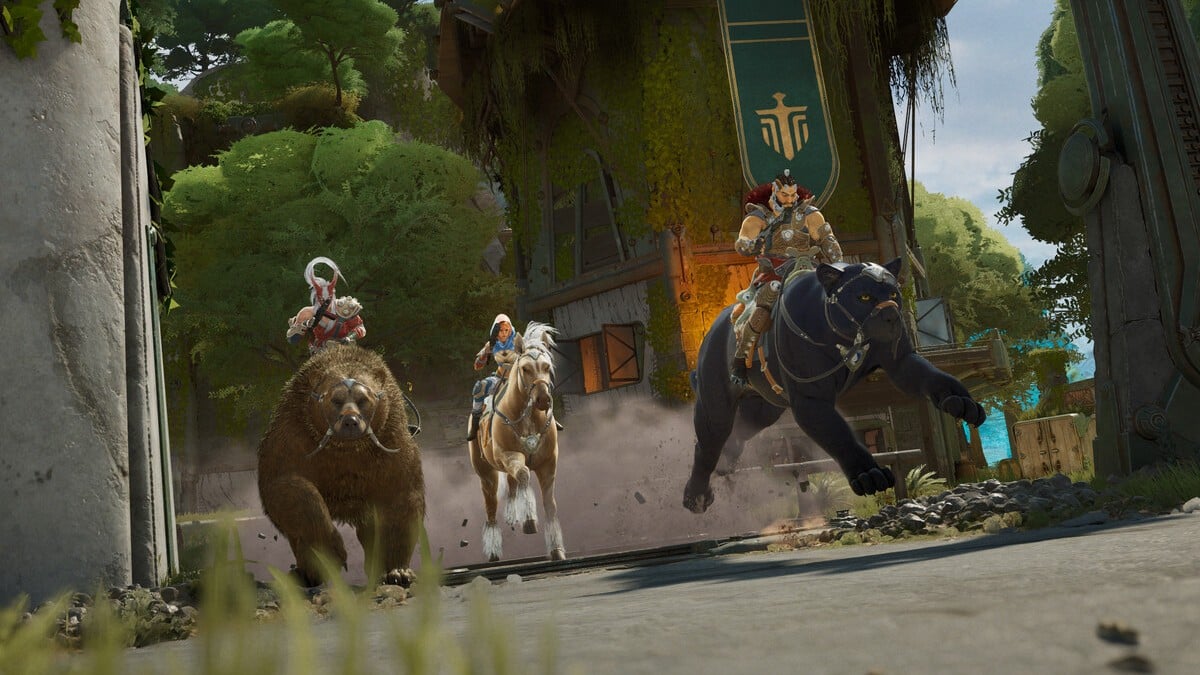
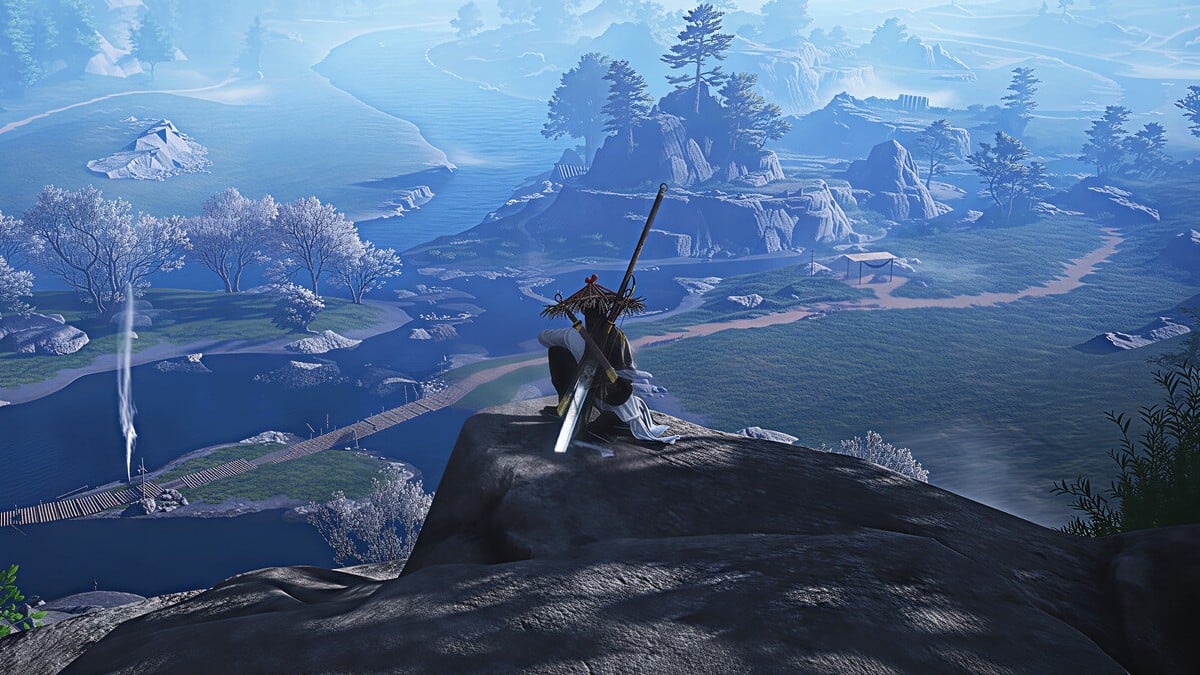
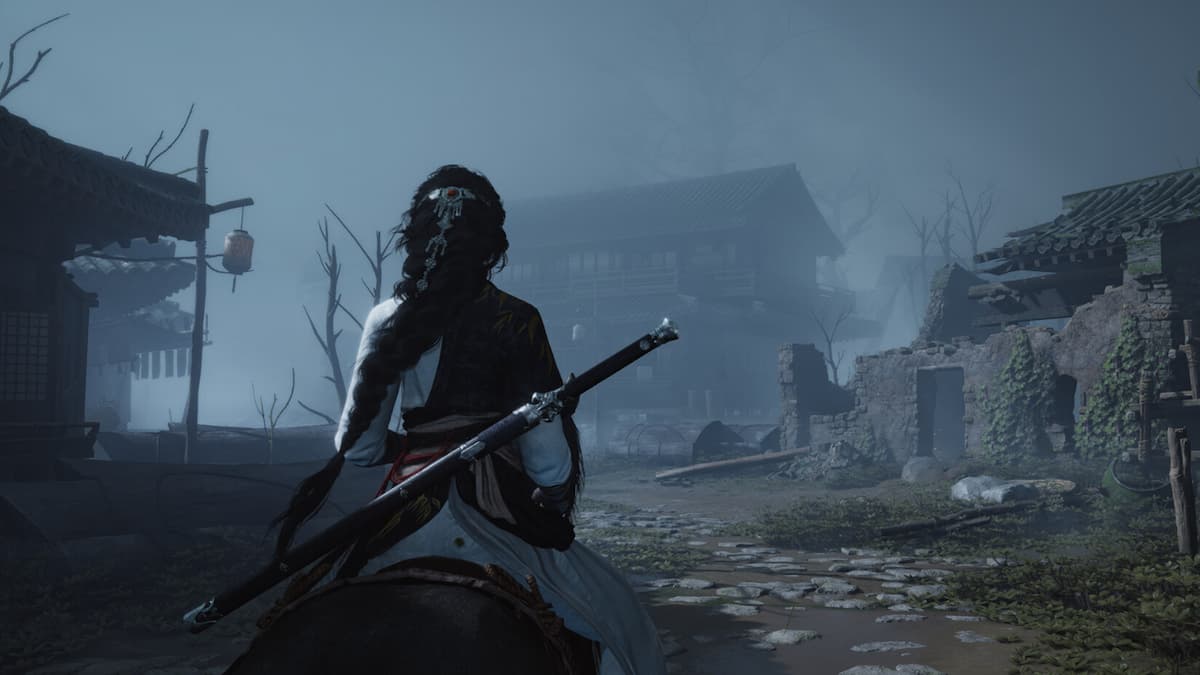


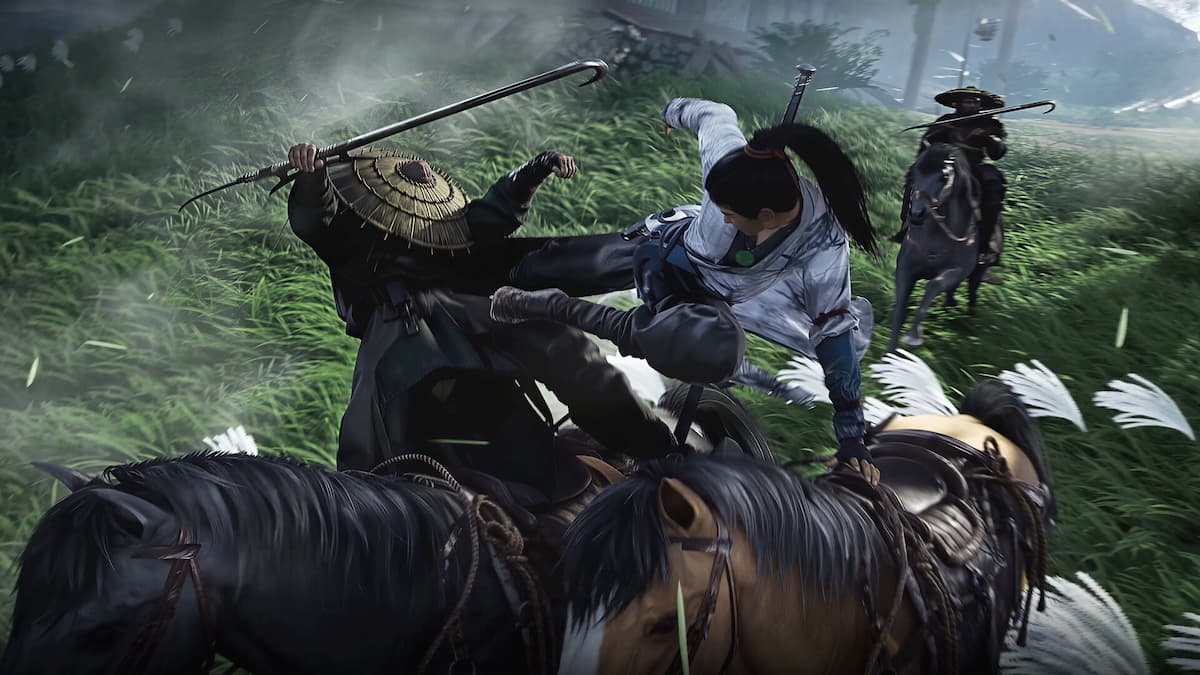
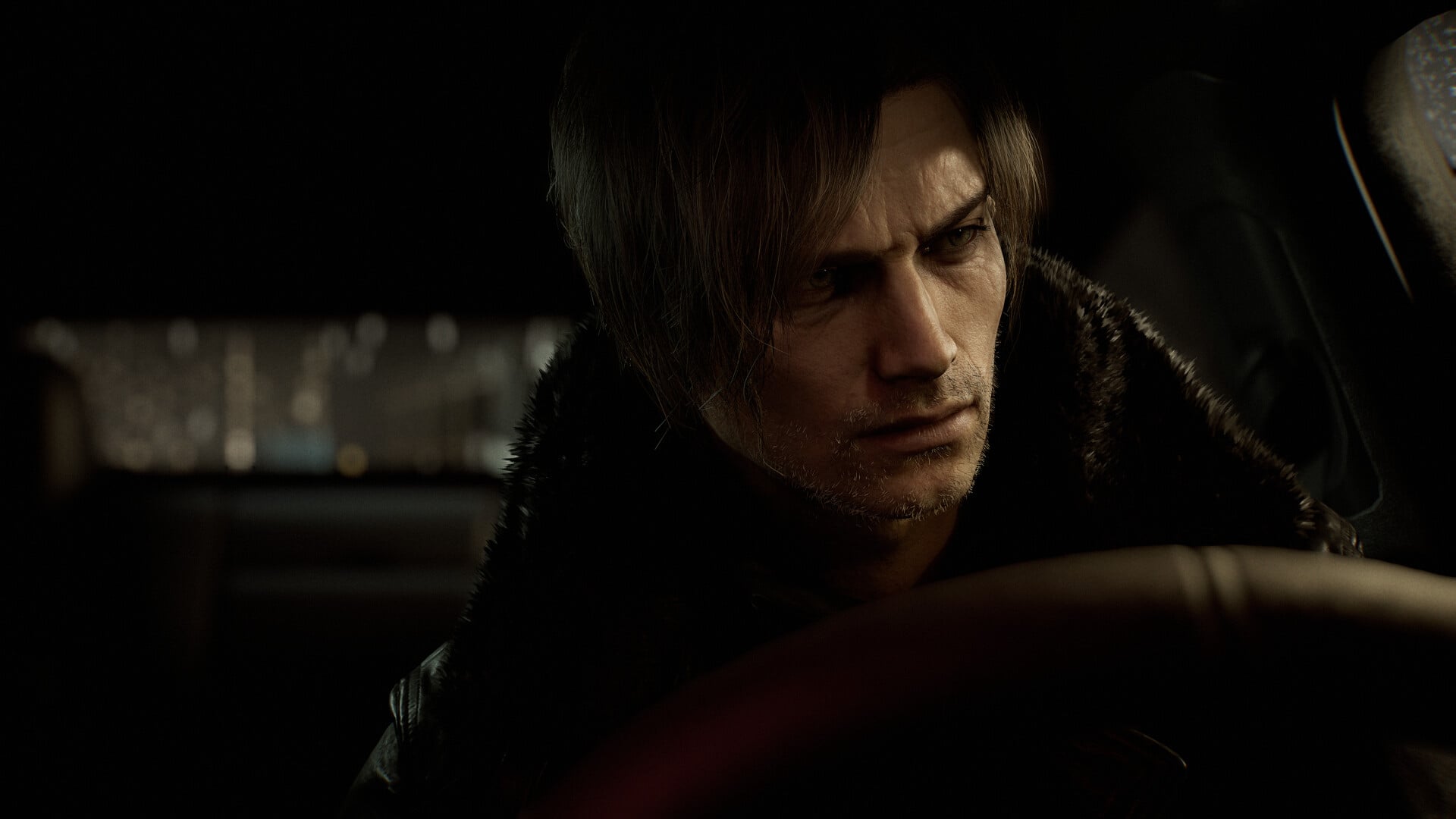

Published: Oct 14, 2023 05:01 pm